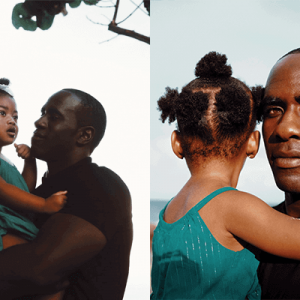
Charles Rodgers is an HVAC technician in Florida who addresses churches and organizations on criminal justice reform.
Posts By This Author
The Measure of a Man
“WAIT—IS THAT Mr. C?” one of my students asked incredulously. “THAT’S MR. C?” he repeated, making a motion of his head exploding.
The rest of the class was reacting the same way, and I couldn’t help but laugh as I confirmed that, indeed, the person profiled in the documentary we were watching—a man serving a 35-year sentence for second-degree armed robbery—was indeed “Mr. C” (Charles Rodgers), the co-teacher of our class (via video) for the past two months.
Unbeknownst to them, my students had just concretely experienced the lesson with which we started the semester: Don’t judge a person by a single story.
The consequence of a ‘single story’
ACCORDING TO AUTHOR Chimamanda Ngozi Adichie, there is great danger in a “single story.” The single story makes a single experience, characteristic, or action in a person’s life “become the only story,” and the only story, in turn, “creates stereotypes.” More important, Adichie says, when we make one part of a person’s incredibly varied life, experiences, and decisions the only story, “It robs people of dignity. It makes our recognition of our equal humanity difficult. It emphasizes how we are different rather than how we are similar.”
I’ve been teaching Catholic social justice to high school students for nine years. My course always includes guest speakers, documentaries, and movies in which people can tell the fullness of their whole story. The full story allows students, in Adichie’s words, to recognize our “equal humanity” and to emphasize how we are similar. In Christian terms, the revelation of another person’s dignity allows for the possibility for conversion which, in my understanding, allows us to see the truth of another’s situation from a position of equality and solidarity, not judgment (whether positive or negative).
